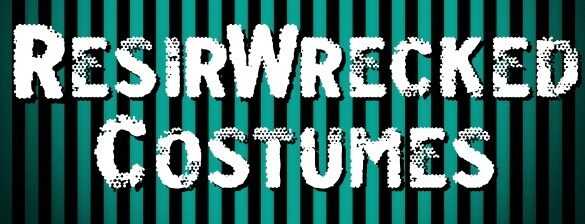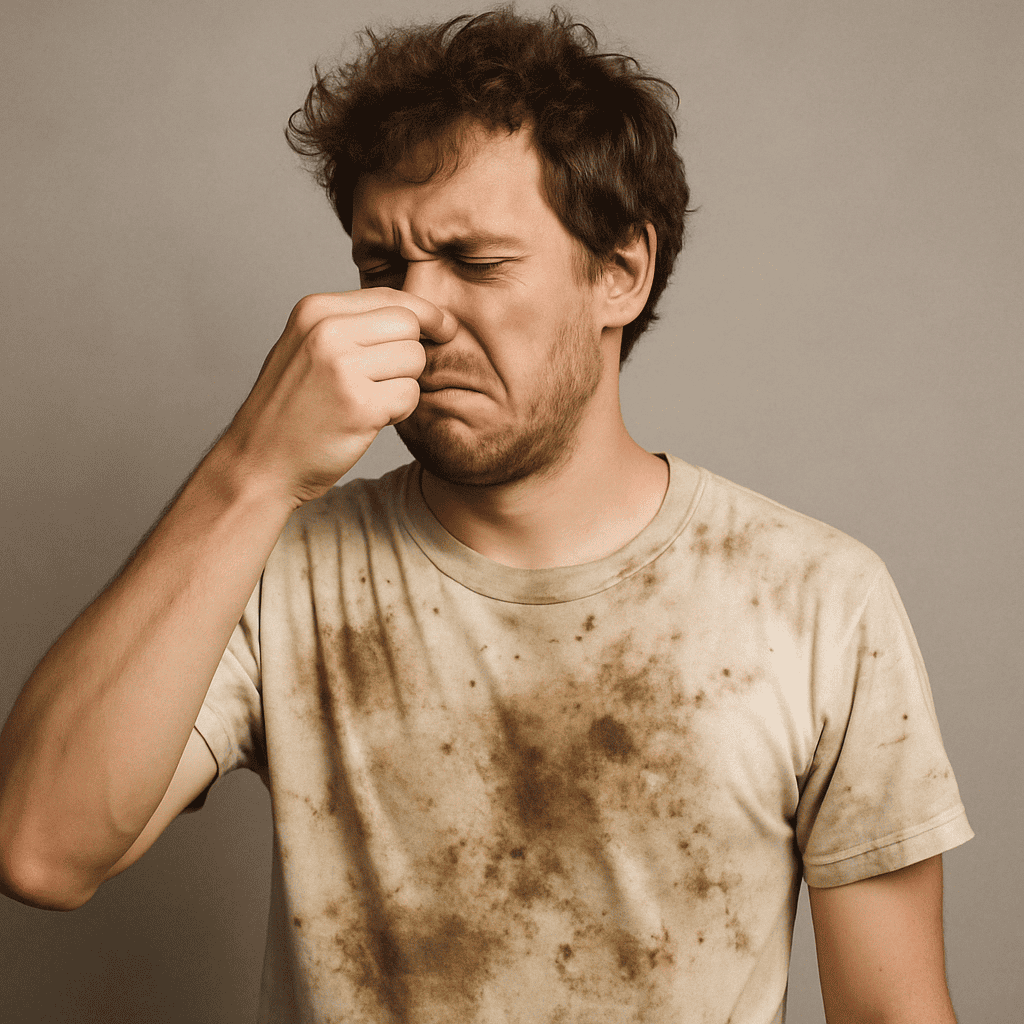When it comes to personal hygiene, most of us understand the importance of regular bathing, brushing teeth, and washing hands. However, we often overlook the role that wearing clean clothes plays in maintaining good health. Wearing dirty clothing can be more dangerous than we realize, and in this blog post, we will discuss some of the dangers associated with wearing dirty clothes.
Skin irritation and infections
Wearing dirty clothes can lead to skin irritation and infections. Dirty clothes can harbor bacteria, fungi, and other microorganisms that can cause skin rashes, acne, and even skin infections like impetigo. These microorganisms can thrive in the warm and moist environment created by dirty clothes, especially if the clothes are tight-fitting and don’t allow proper ventilation.
Respiratory problems
Dirty clothes can also lead to respiratory problems, particularly if they are covered in dust, pollen, or other allergens. When we wear dirty clothes, we can inhale these allergens, which can trigger an asthma attack or cause other respiratory problems. This is especially dangerous for people with respiratory illnesses like asthma or chronic obstructive pulmonary disease (COPD).
Increased risk of infections
Wearing dirty clothes can also increase the risk of infections, particularly if the clothes are contaminated with bodily fluids like sweat or saliva. Bacteria and viruses can survive on clothing for hours or even days, increasing the risk of infection if someone else wears the same clothes. This is particularly important in settings like hospitals, where patients with weakened immune systems are at increased risk of infections.
Bad odor
Wearing dirty clothes can also lead to bad odor, which can be embarrassing and affect social interactions. Dirty clothes can trap sweat and bacteria, which can produce a foul odor that is difficult to remove. This can lead to feelings of self-consciousness and low self-esteem, which can negatively impact mental health.
Pest infestations


